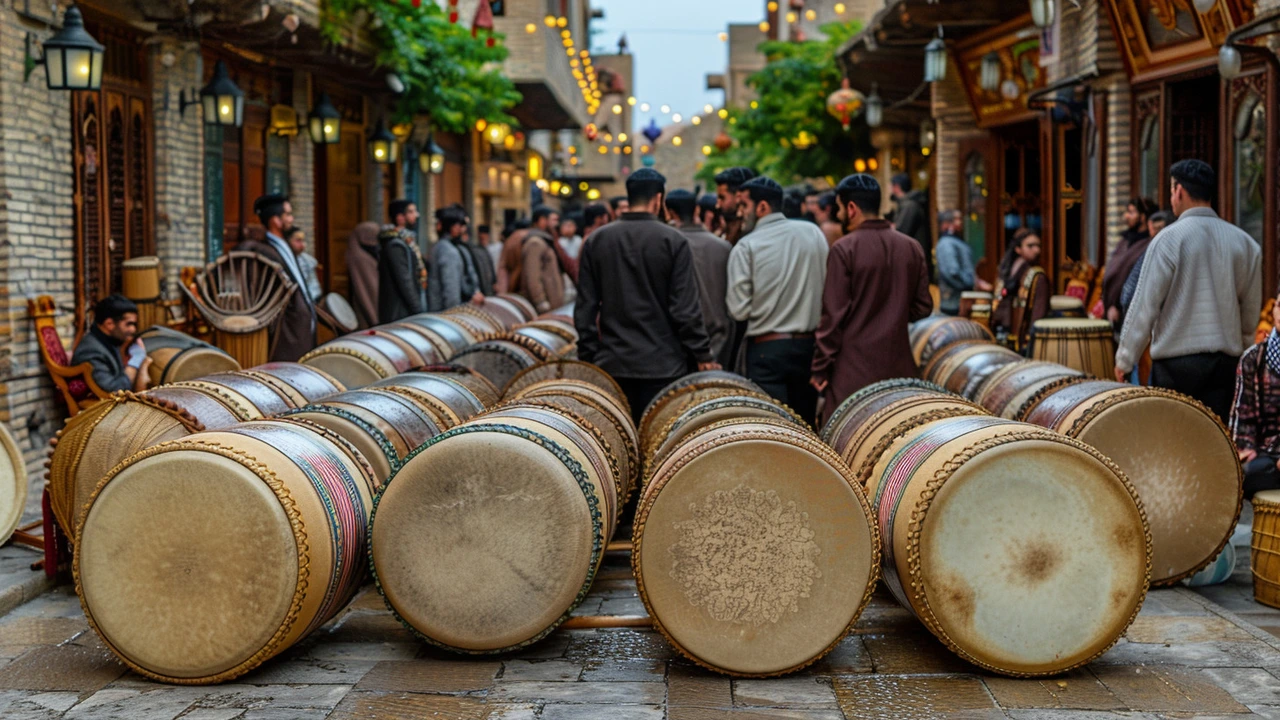Kurdish Struggle: What You Need to Know Right Now
The Kurdish struggle is not one single fight. It’s a mix of politics, armed clashes, cultural rights and local governance that plays out across Turkey, Syria, Iraq and Iran. Millions of people’s lives are shaped by this, from town councils to border diplomacy.
Quick background and where it began
After the Ottoman Empire fell, Kurds were split across new borders. Over decades they pushed for language rights, political recognition and autonomy. Key moments include the Kurdish autonomous region in Iraq (the KRG), Kurdish-led zones in northern Syria since 2012, and the long conflict between Turkey and the PKK that continues to affect civilians.
Recent years added new layers: Kurdish forces helped stop ISIS in Syria and Iraq, which raised their regional profile. That success also tightened international politics — allies one day, targets the next — depending on shifting priorities in Ankara, Washington, Moscow and Tehran.
Main groups and who does what
Terms can be confusing but matter. The PKK is an armed group mainly active against the Turkish state. The Peshmerga are Iraq’s Kurdish regional forces aligned with Kurdish parties like the KDP and PUK. In Syria, the YPG and the political PYD run parts of what many call Rojava. Each group has different goals, allies and methods — and that shapes the local picture.
State actors also drive events. Turkey conducts cross-border operations it says are counterterrorism. Iran pressures Kurdish groups inside its borders. The U.S. has partnered with Syrian Kurdish forces against ISIS, while Russia and Syria’s central government pursue their own control plans.
Where to watch for new clashes: southeast Turkey, northern Syria (Rojava), disputed areas around Kirkuk in Iraq, and Kurdish provinces in Iran. Tensions often spike around elections, resource deals, or foreign troop movements.
Human impact is huge: displacement, checkpoints, damaged towns and interrupted services. Refugee flows go into Turkey, Europe and nearby Iraqi towns. Human-rights groups frequently document forced evictions, arrests and limits on Kurdish language and culture.
Want reliable updates? Follow mainstream outlets like Reuters, BBC and Al Jazeera for breaking news, and regional outlets such as Rudaw and Kurdistan 24 for local detail. NGOs like Human Rights Watch and International Crisis Group provide reports and context. Cross-check items before sharing — local sources, satellite images and eyewitness posts help, but verify them.
If you’re researching, use local place names (Rojava, Bashur, Amed) and follow Kurdish journalists and regional correspondents. For travelers, avoid border zones and check foreign ministry advice — situations can change fast.
Follow this tag to get updates, analysis and on-the-ground reporting as events unfold. Expect shifting alliances, new local governance experiments, and continued debate over Kurdish rights and state responses across the region.
